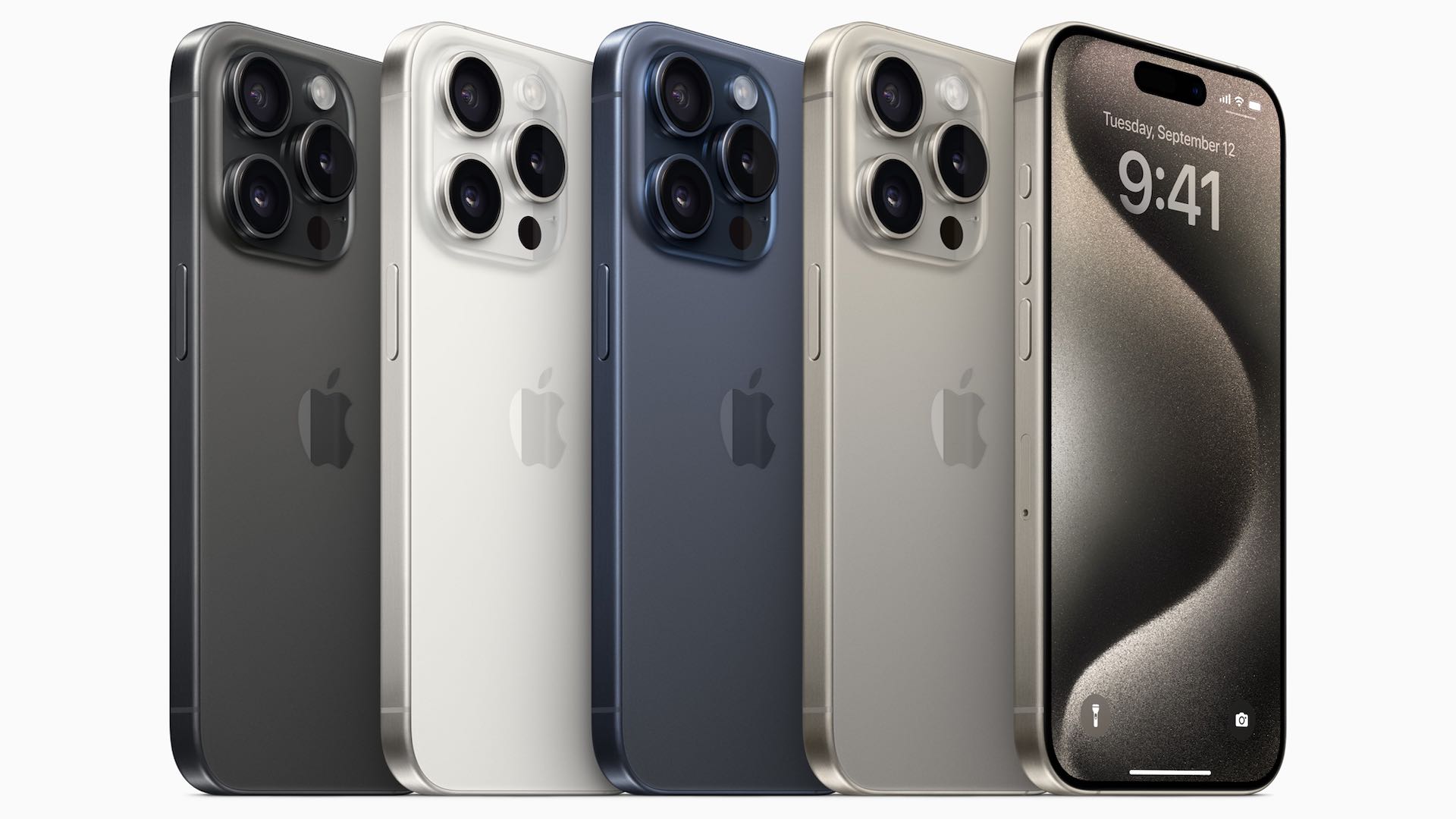In a significant industry shift, Apple Inc. has clinched the title of the world’s largest smartphone maker by volume, overtaking Samsung Electronics Co. for the first time in over a decade. This milestone marks a pivotal moment in the technology sector, highlighting Apple’s growing market influence amid challenging global conditions.

In 2023, Apple emerged as the leading smartphone manufacturer in terms of units shipped, ending Samsung’s 12-year dominance. According to International Data Corporation (IDC), Apple’s shipments increased by 3.7% to 234.6 million units, surpassing Samsung’s 226.6 million. The achievement comes amid a declining smartphone market, with overall shipments dropping by 3.2% to 1.17 billion units, the worst performance in a decade. Despite this, Apple not only managed to grow its market share but also solidified its position in the high-end segment.
Samsung, gearing up for its Galaxy S24 launch, faced a 13.6% decrease in shipments. Meanwhile, Chinese manufacturer Transsion, known for its strong presence in Africa, recorded a significant 30.8% growth, joining the top five global smartphone makers. Analysts attribute Apple’s success to its emphasis on premium devices, which now constitute over 20% of the market.
Aggressive trade-in offers and financing plans have played a crucial role in attracting customers to higher-priced models. Apple’s resilience is largely due to the rising demand for premium devices. While brands like Transsion and Xiaomi saw growth in emerging markets, Apple clearly leads, benefiting from its strategy of targeting the higher end of the market.
This shift signals a change in consumer preferences, with a growing inclination towards more expensive and feature-rich smartphones. Apple’s pricing strategy and innovative financing options have been key to capturing this segment. The landscape of the smartphone market has evolved considerably since Samsung’s rise in 2011, with former leaders like Nokia and BlackBerry now overshadowed by new technology trends.
As the smartphone industry continues to mature, with technological advancements becoming more incremental, consumer upgrade cycles are lengthening. However, when upgrades do occur, there is a noticeable trend towards more sophisticated and costly devices. This paradigm shift predominantly benefits Apple, which has consistently increased iPhone prices over recent years.
Apple’s overtaking of Samsung is not just a victory in numbers but a testament to its strategic focus on the high-end market segment. This development underscores the changing dynamics of the global smartphone industry, where premium standards are increasingly becoming a key factor driving market leadership.
